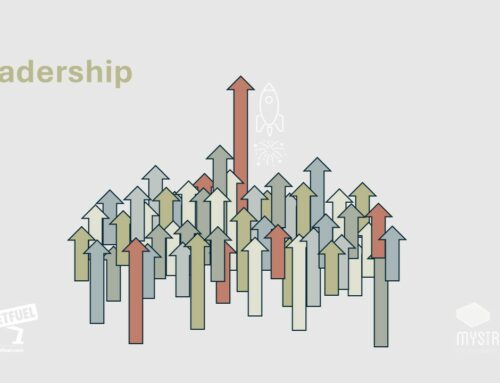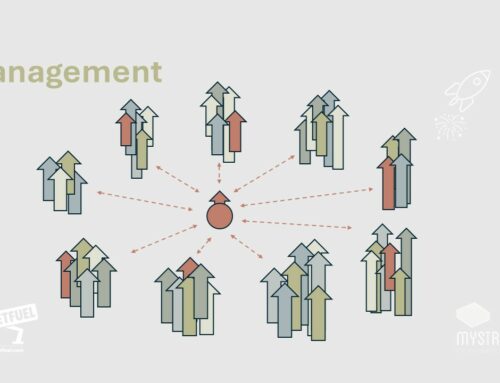
Power and influence: same-same or different, wonders Leadership & Performance Coach, Davina Greene.
Power, influence: two concepts often mentioned in the same breath. Dictionaries aside, we tend to apply our own interpretations to these terms, viewing them in light of our own experiences and desires in relation to leadership – as a result, our comfort levels with them can vary. I must admit, my mind initially goes to a negative place when I hear the word power (due to an association with the absoluteness of dictatorial force, the egotism of “holding the whip”).
On the other hand, I have a far more positive reaction to the concept of influence, which I associate with higher ongoing engagement and a jointly built operating environment (be that a team, a company, or even a country). To me, an influencer seeks continued learning, whereas a power-player “knows it all already” – and there is only one of those that I have any interest in dealing with!
How Does Power Work?
Power can be employed well or badly, “for good or for evil”. It can come from a position (“This instruction is from the CEO, so we have to do it”), from an ability to reward (“Bonuses are tied to project performance, so ignore your Team Leader and focus on whatever the Project Manager wants”), or from an ability to threaten or punish (“Support my opinions, or no promotion for you!”). It can also come from withholding information. None of these imply that anyone has any faith in that person’s thoughts, words or actions – only that there is some sort of hold over a particular audience.
On the other hand, power can come from being knowledgeable (in a more sharing sense), admirable or relatable, creating a desire for affiliation. This could be said to be closer to, or even built upon, ‘influence’.
Many of us have been put in a position of supposed power (for example, a management role) and know all too well the pain of suddenly realizing an inability to positively influence the team. Hence so many young, inexperienced managers try the “iron fist” approach, relying solely on the power of seniority… and we all know how that ends.
How Can We Overtake Power With Influence?
So, how can we enhance our ability to influence? Let me count the ways….
- We can influence through a participative, ‘early involvement’ approach, building solutions together
- We can influence through constant networking, seeking chemistry and building relationships
- We can influence through positive negotiation and persuasion – truly listening and understanding, in order to adapt and re-sell our position
- We can influence through the ‘domino effect’ of knowing the other influencers
- We can influence through knowledgeable passion, sweeping others up in our enthusiasm
- We can influence by example (after all, nobody respects the “Do as I say, not as I do” brigade!)
Where can this fall down, in practice? Often, we are so deeply engrossed in our own departmental functions that we simply do not take the time to network across the company. We observe people for technical expertise, rather than in terms of whether other people seem to approach them for discussion and opinion. We neglect to observe who is trusted, often so caught up in the negative stories around people management and engagement that we forget to note whose word is followed almost unquestioningly, under an air of positivity.
And, of course, in this modern world we want fast solutions to our skill requirements – “Send me on a training day!”, “Tell me the secret!” – despite the fact that the only way to build real influence is to work on it over time. It is an exercise in long-term relationship-building, rather than in on-the-spot hypnotism.
When was the last time you got to know someone new in your workplace or industry? Is there a lunch date in your diary with someone influential who could be a valuable future ally? What upcoming seminars or networking events will you attend? Alongside that, do you truly understand the current strategy within which you need to operate?
If the company opened up a request to all staff to nominate people to some form of ‘peer committee’ for Communications purposes, would you be considered a useful member of that council? How many votes do you think you’d get, as a demonstration of their faith in you to understand, challenge, interpret and convey important messages from ‘on high’?
Do not wait until you need to exert influence. Cover the formal and the informal routes to success. Constantly build relationships and be strategically aware, to build your reputation for knowledge, engagement and – eventually – positive influence.
Key Tips for Beating Power with Influence
- Stop waiting to be shown the fast-track to Influence: it doesn’t exist! Invest time in good ideas and good people, to be taken seriously.
- Observe! Note the core influencers, at all levels of your organization. To whom do people really listen?
- Build relationships – with the quiet influencers, too.
- Involve people early in your vision: create together, dropping ‘seeds’ rather than full plans.
- Leverage key influencers across your organization. They can provide valuable assistance in embedding communications.
- Be respectful: What would a person need to do to open you up to their positive influence? Don’t try to get away with any less than that!
Interested in investing in your own personal – and personal strategy – development? Check out www.MyStrategy.me!
Share This!
About the Author




